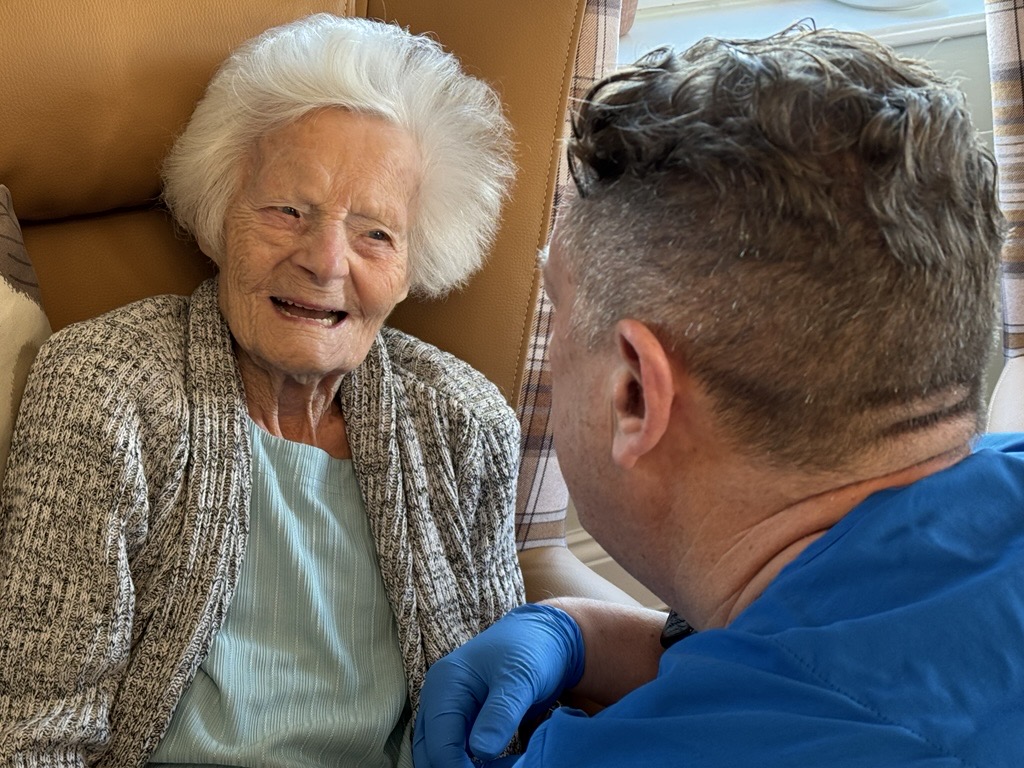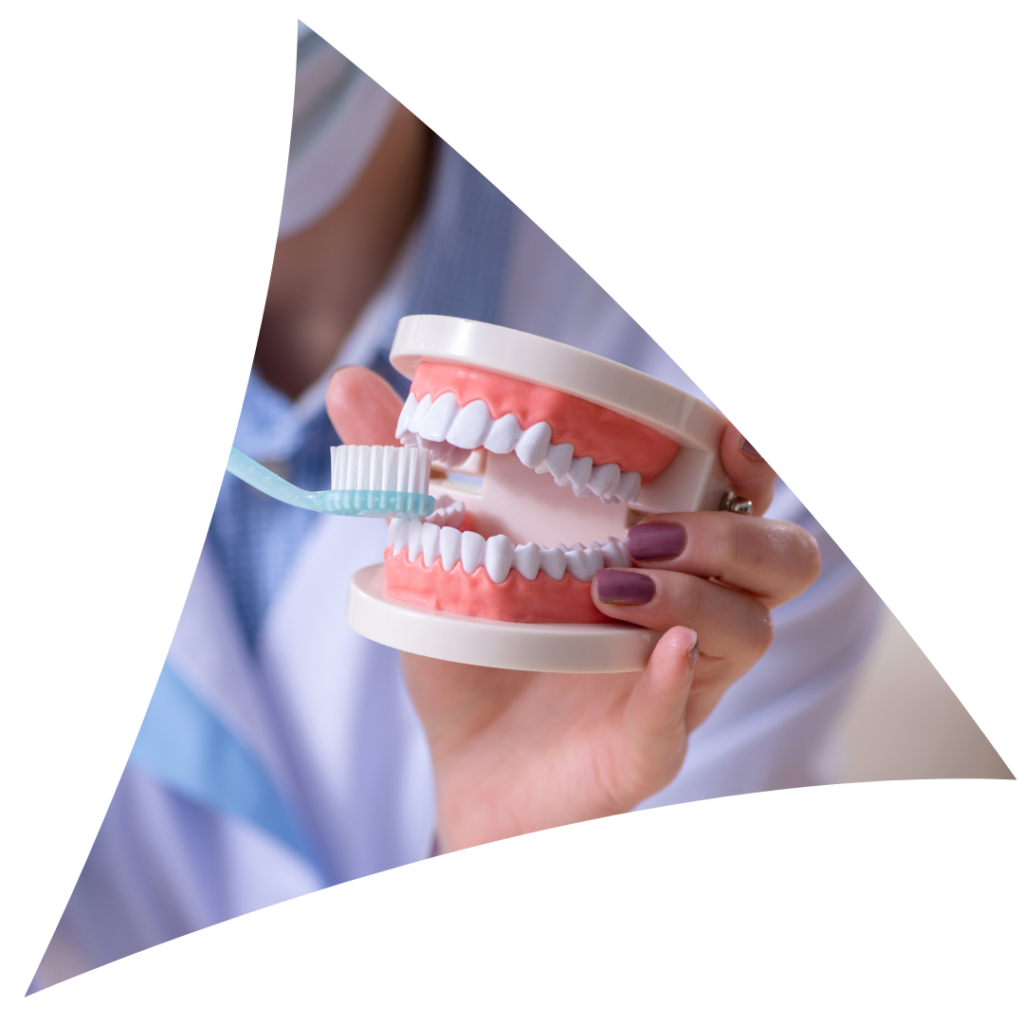Increasing access to NHS dental care

We are continuing to improve the availability of NHS dental services. We have commissioned ten dental practices to provide additional appointments during evenings, weekends, and bank holidays as part of our dental access initiative. From September 2023 to November 2024, over 20,000 additional patients received access to dental treatment during these times, which are being provided in addition to the existing commissioned NHS services. This additional appointment capacity is helping patients with urgent needs as well as those who have not had access to dentist in the past two years to access care.
As part of this initiative, we are also at the forefront nationally in piloting a technology solution which enables NHS 111 to book appointments for treatment directly into dental practice appointment systems. Previously, patients would have been informed by 111 how urgently they needed to be treated, and they would be provided contact details of local dental practices to try to arrange an appointment. This new appointment functionality eliminates the need for patients to have to call dental practices themselves to try to arrange treatment.
We have plans in place to continue to increase the number of additional appointments available through our dental access initiative to provide even more NHS dental care for residents.
Care Homes

Care home residents are not always able to communicate when they are experiencing dental pain or discomfort and are often not physically able to travel to a dental practice. That’s why it’s important for dental care to be delivered within care homes wherever possible.
Historically, care homes have had to make their own care arrangements with dental practices themselves, or refer their eligible residents to Community Dental Services CIC, a referral only dental service that brings dental care to people who cannot be treated in general dental practice. As a small organisation, Community Dental Services CIC has been experiencing extremely high demand for services which has resulted in challenges for patients in accessing care.
To address this, we’ve developed a care home initiative to ensure that all care home beds in mid and south Essex are covered by a dental practice. This means that residents living in care homes now have equitable access to oral health assessments and treatment from a dedicated dental practice. We have commissioned dental teams to visit care homes to carry out oral health assessments and treat patients who need dental treatment.
To date (November 2024), all care homes in mid and south Essex have been offered oral health assessments for their residents, and over 4,200 courses of treatment have been delivered following the assessments.
The dental care professionals have also supported care home staff to develop their skills in assessing and looking after care home residents’ oral health and have provided oral health plans for each resident. The initiative has been beneficial for dental care professionals as well, who have gained valuable experience, including treating patients outside of the dental practice environment, and developing their understanding of how to best to work with and treat patients with dementia and learning disabilities. Additionally, due to the decrease in referrals to Community Dental Services CIC, the waiting times for this service have also greatly reduced.
Children and Young People

We’re establishing a new school’s programme to give young residents access to oral health education and assessment in school. Developing healthy habits early in life will help to prevent tooth decay, support their overall wellbeing, and get them off to the best possible start in life.
We are commissioning local dental practices to provide free oral health mouth checks to reception and year three pupils in schools across mid and south Essex. Dental care professionals will use a visual screening method to check the child’s mouth for early childhood caries or cavities. Following this, parents or carers will receive a letter to confirm if a further dental appointment is recommended. The school will have a dental practice assigned to it, meaning that children will have direct access to this practice for a dental appointment if they do not already have a regular dentist.
Participating dental practices will also hold open days to provide children and their families with an opportunity to visit the practice for further education and to help address dental phobias.
The programme will also have positive impacts on dental provision by allocating payment to dental practices to provide preventive services, rather than just treatment, The programme will also include training opportunities for dental nurses develop enhanced skills.